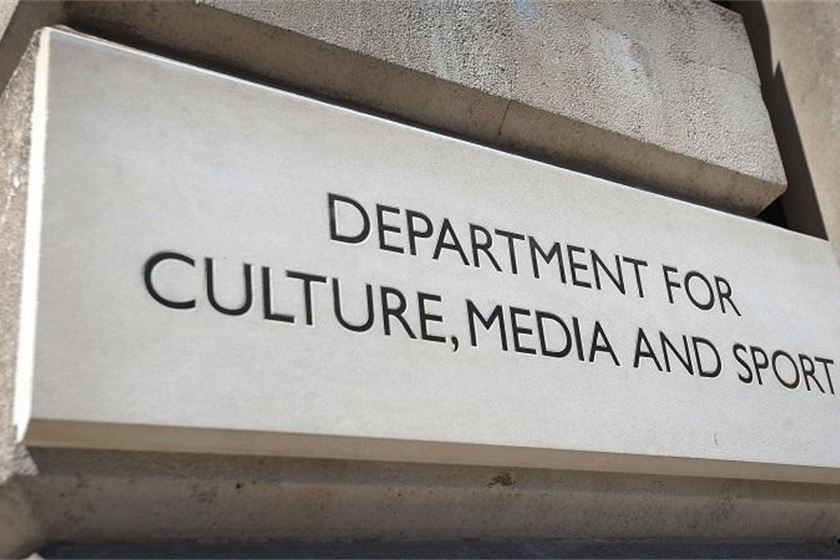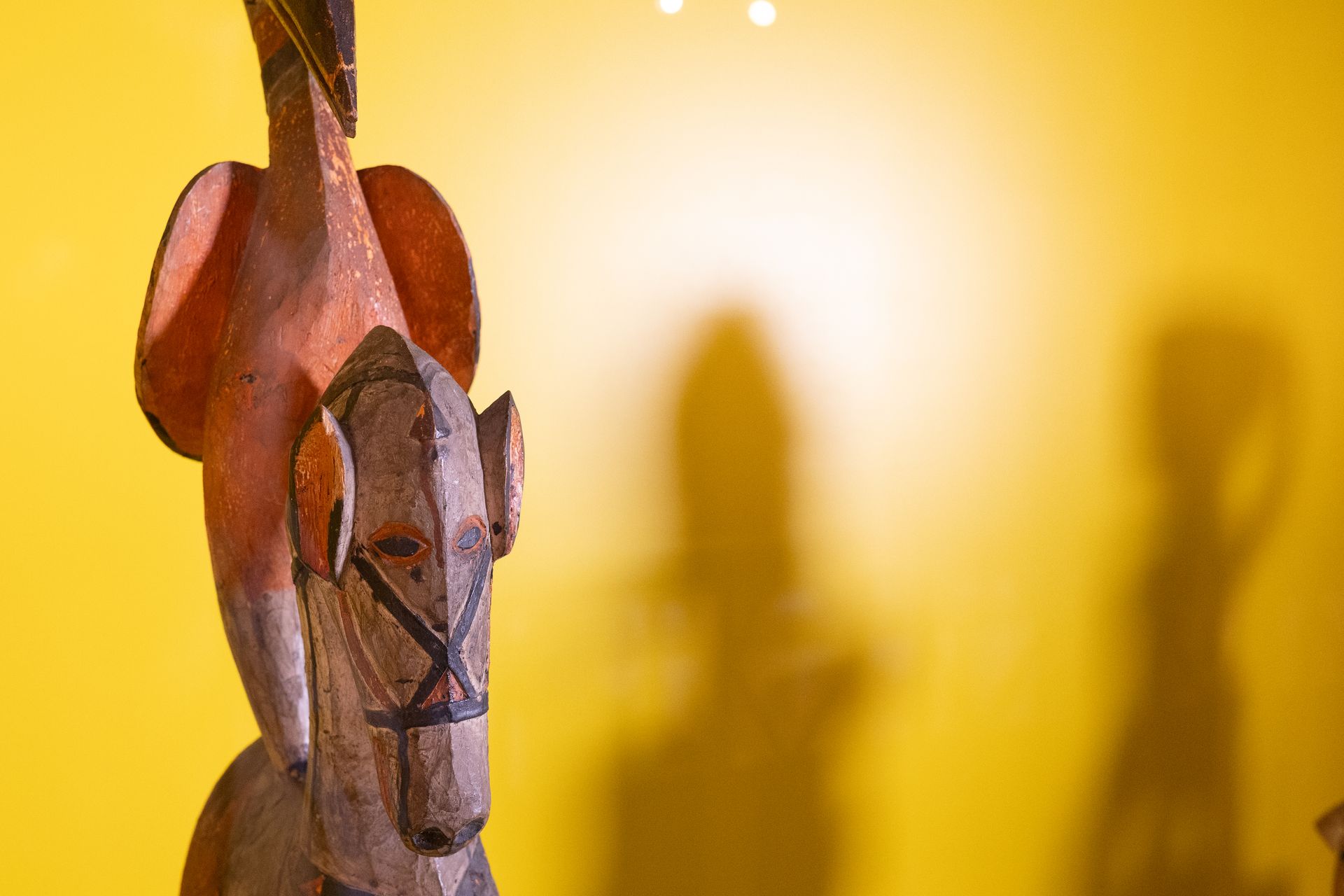Cultural Restitution
SHARE ARTICLE
An influential North American trade body, Antique Tribal Art Dealers Association (ATADA) is concerned that U.S. legislators attempting to protect Native America’s cultural heritage are instead proposing a highly restrictive bill with unwarranted commercial consequences.
The bill’s motive is well intended: to prohibit the exporting of sacred Native American artefacts and increase penalties for stealing and illegal trafficking. But the consequences of its scope and language have been criticised by ATADA's President Kim Martindale for the potential impact they'll have on tourism and all businesses selling or making contemporary Native American art.
The Safeguard Tribal Objects of Patrimony (STOP) Act of 2019 ( H.R. 3846 ) was introduced into the U.S. Congress on 18 July by New Mexico’s Democrat Representative, Ben Luján. It follows debate and feedback on an earlier bill, Native American and Native Hawaiian Cultural Heritage Protection Act of 2018 (H.R. 7075), which also attempted to set out a practical system for the review, export and self-certification of low value items. However, the new bill is meeting further opposition, primarily because it's failed to reflect the feedback and solutions Congress received to the earlier 2018 bill. Instead, it proposes a much harsher compliance regime, which ATADA maintains will affect all businesses selling Native art across the country, for tourism in the Southwest and for Native American artisans.
“It doesn’t just restrict export of sacred items,” Martindale explains. “It requires a permit for items as low as $1 in value and keeps secret what can and can’t be exported.”
Under this new legislation, tourists wanting to remove any Indian artefact out of the United States – regardless of its value – will need to submit a form and a photograph of the artefact in order to secure an export permit. Opponents of this process, that will need to be set up from scratch, point out that each artefact will be subject to a ‘secret’ tribal review. This encompasses 568 federally registered tribes, plus Hawaiian organisations and Alaskan villages. ATADA also maintain the language and scope of the bill is ill defined; artefacts legally acquired will in future be subject to the same process as items that have been stolen; meanwhile, the former proposal for self-certification has been abandoned altogether.
The bill is also being criticised for reversing the concept of innocent until proven guilty, as it places all responsibility for enabling the export onto the exporter - whether tourist, museum professional or dealer.
ATADA, which represents dealers, collectors and museums, points out they’re willing to work with Congress to fix the bill. As evidence of their support to the introduction of legislation to halt illegal trafficking and ensure the return of sacred items to their original tribes, they’ve cited their involvement in returning some 200 important sacred items back to tribes in the last few years.
Photo courtesy of MotionStudios from Pixabay
After this was written....
Like previous versions of the STOP Act in 2016 and 2018, H.R. 3846 failed to generate sufficient enthusiasm for passage. S. 2165 passed the Senate on 17 December 2020 by Voice Vote. However, a vote was not taken in the House on H.R. 3846. The United States Senate held a hearing on a fourth version of the STOP Act on 20 May 2021 (H.R. 2930), which is an almost identical version to the previous, designed to prohibit the export of sacred objects and would require tribal review and export permits for objects of all values and ages. While supporting its primary goal, ATADA continues to object to certain elements of the latest STOP Act on the grounds it poses a danger to the legal private ownership of art and artefacts by US citizens and museums. They are also concerned about the harm it would inflict on the economy of the Southwest.



